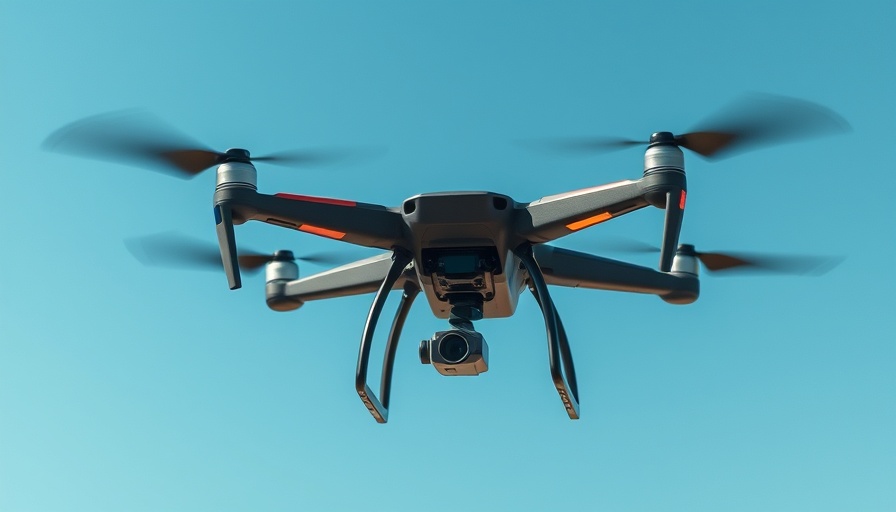
The Cyber Warfare Landscape: Ukraine's Hackers Strike Again
In a recent surge of digital activism, the Ukrainian hacktivist group BO Team has claimed a significant victory against Russian interests by successfully hacking into the Gaskar Group—a drone manufacturer reportedly supplying the Russian military. This operation, in collaboration with the Ukrainian Cyber Alliance and military intelligence, was touted by the group as a major disruption to Gaskar's network and server infrastructure.
Destructive Impact of the Cyberattack
BO Team's announcement on their Telegram channel declared that the attack resulted in the destruction of over 250 systems. This included 46 virtual servers and more than 200 workstations, along with wiping out an astonishing 47 terabytes of crucial company data. In a chilling detail, they also reported stealing sensitive personal information of Gaskar Group employees—highlighting the mix of information warfare alongside direct operational disruption.
Drones in Modern Warfare: A Game Changer
The focus on drone technology in this cyberattack points to the evolving landscape of modern warfare. Since the heightening tensions and escalation of conflict in Ukraine, drones have become pivotal not only on the battlefield but also in the cyber domain. The capabilities to intertwine drone operations with cyber units reflect a broader trend in military strategies, where digital realms are just as critical as physical ones.
A Glimpse into Future Cyber Conflicts
This incident raises pressing questions about the future of cyber warfare. As technology continues to advance, the lines between traditional military engagements and cyber operations are blurring. Countries may increasingly find themselves entangled in digital confrontations, leading to catastrophic physical and economic consequences. The timeframe for resolving these conflicts may also shorten as both sides seek rapid technological advancements for immediate strategic advantages.
Thoughts on Ethical Hacktivism and What Lies Ahead
While some view groups like BO Team as digital warriors for their country, others express concerns regarding the implications of such attacks. Is it ethical to target businesses that contribute to military operations? This debate remains as the landscape of cyber warfare continues to evolve. Hacktivism carries with it a different set of ethics compared to traditional warfare, where collateral damage may include innocent employees whose data is compromised.
Tech enthusiasts and industry professionals must consider the ramifications of such cyber actions. As nations adapt to this new front of conflict, understanding the evolving role of technology in warfare becomes essential. What strategies can companies develop to defend against such attacks? How can individuals stay informed about their personal data security in an increasingly dangerous cyber environment?
As we navigate through this ever-more complex battlefield of technology and warfare, readers are encouraged to stay updated on developments in cybersecurity practices and explore ways to protect their own digital presence.
 Add Row
Add Row  Add
Add 




Write A Comment